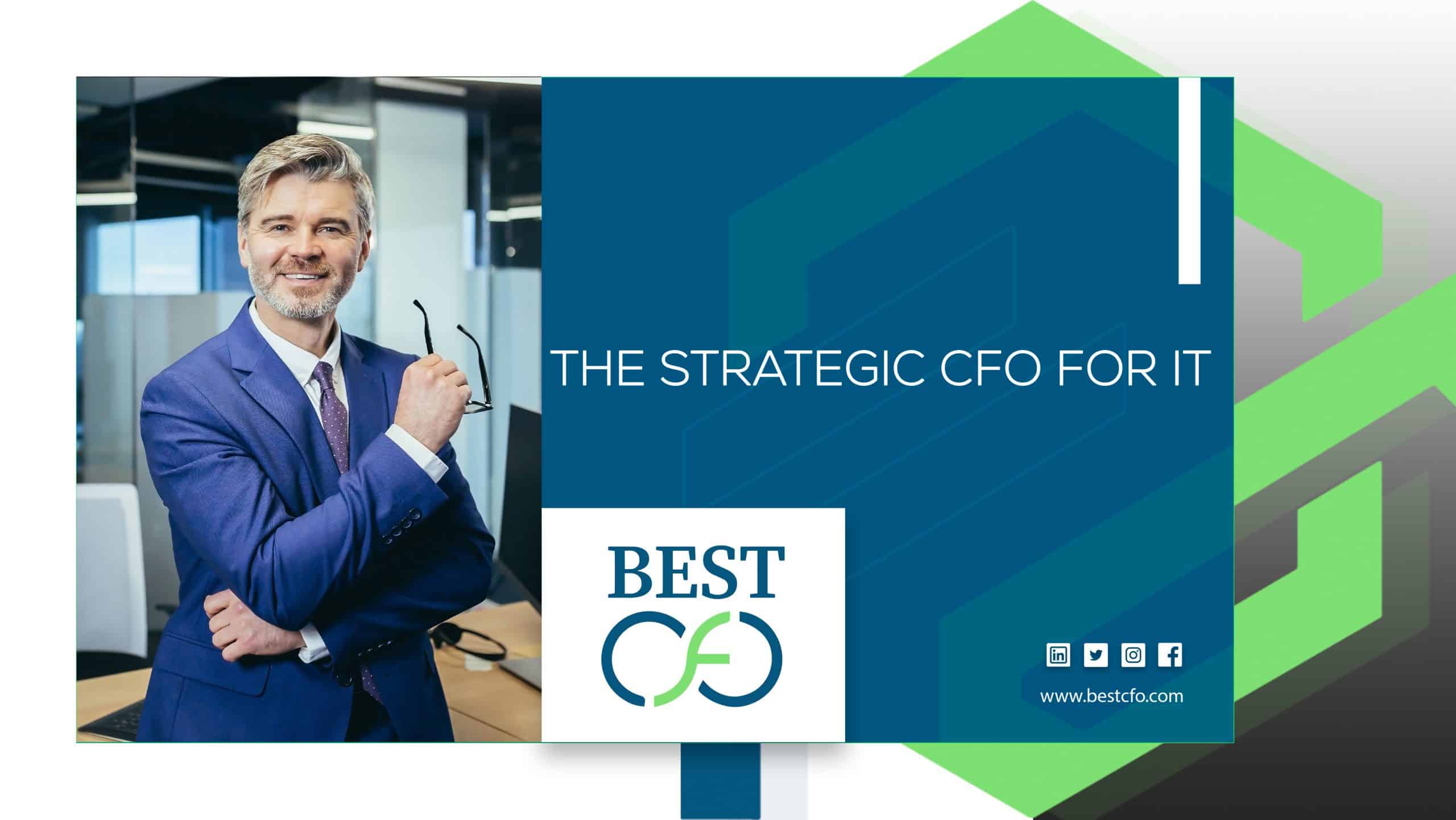
| Getting your Trinity Audio player ready... |
Top 5 Benefits of Hiring a Virtual Controller for Your Business
Running a business today isn’t what it used to be. Things move fast. Markets change overnight, and business owners—especially small and growing ones—need smarter ways to handle their money. That’s where a Virtual Controller for your business comes in.
But wait—what is a virtual controller, and how is it different from the regular in-house kind?
A virtual controller is a finance expert who works remotely. Unlike a full-time employee sitting in your office, this professional handles your books, budgets, and financial planning from afar. They give you the same high-level support, but in a more flexible and cost-friendly way.
Many startups and small businesses are swapping traditional controllers for virtual ones because they want expert help without the big price tag. In this blog, we’ll walk through the top 5 reasons why hiring a virtual controller for your business might just be the smartest move.
1. Cost Savings & Financial Efficiency
Here are some reasons why hiring a virtual controller for your business is more affordable:
Eliminates Full-Time Salary & Benefits Costs
A full-time, in-house controller can cost a lot, including salary, bonuses, health insurance, paid time off, and even office furniture. Virtual controllers don’t need a desk, a chair, or a company ID badge. You only pay for their services, not their lunch breaks.
Let’s say an in-house controller earns $100,000 per year, plus $25,000 in benefits and overhead. A virtual controller might cost you $3,000–$5,000 per month. That’s a 40–60% savings, depending on your needs.
Pay-Only-for-What-You-Need Model
One of the biggest wins with virtual controllers is flexibility. You can choose from:
- Part-time support
- Monthly retainers
- One-time projects
This is perfect for seasonal businesses or early-stage startups that don’t need full-time help but still want top-quality guidance.
Reduces Overhead Expenses
There’s no need to buy new software, train staff, or rent bigger office space. Virtual controllers often bring their own tools and work from their own space. That means fewer bills for you—and less stress.
Access to High-Level Expertise Without the High Price Tag
Many virtual controllers have worked across different industries. They’ve seen it all—from startups to multi-million-dollar companies. You get their skills without the full-time cost. It’s like getting a five-star chef to cook dinner at your house… but only paying for one meal.
Real-World Example
Imagine a small eCommerce business making $500,000 a year. They switch from a full-time controller to a virtual one and instantly save $60,000 a year. That money goes toward marketing, new inventory, and boosting profits.
2. Access to Expert Financial Leadership
Here is why expertise matters in financial management:
Specialized Knowledge Without Long-Term Commitment
Hiring a full-time Chief Financial Officer (CFO) is expensive. A virtual controller gives you CFO-level advice without a long-term contract. Need help setting up a new budget? Planning for tax season? No problem—they’re in your corner.
Industry-Specific Experience
Many virtual controllers focus on certain fields, like tech startups, real estate, or healthcare. This means they understand your challenges and can offer smart advice tailored to your industry.
Advanced Financial Tools & Technology
Virtual controllers stay on top of the latest tools:
- Cloud-based accounting platforms (like QuickBooks or Xero)
- Forecasting tools
- Real-time dashboards
This makes it easier to track your numbers—and see the full picture—without waiting until the end of the month.
How a Virtual Controller Can Transform Your Business
A good virtual controller can:
- Create solid budgets
- Improve your cash flow
- Help you spot money problems before they get serious
- Offer smart insights to help you grow faster
They don’t just crunch numbers. They turn numbers into actions—and that’s where the magic happens.

3. Scalability & Flexibility for Growing Businesses
Hiring a virtual controller for your business needs without the recruitment hassle
Scale Up or Down as Needed
Growth is great—but it can be messy. Maybe you just got funding. Or you’re launching in a new market. A virtual controller for your business can jump in quickly without the slow, expensive hiring process. And if things slow down? You can scale back just as easily.
No Long-Term Contracts or HR Headaches
Virtual controllers don’t come with HR paperwork, onboarding meetings, or long interviews. You get financial leadership on your terms—without adding someone to the payroll.
Seamless Transition During Growth Phases
Expanding into new areas? Merging with another company? A virtual controller can help with planning, budgeting, and smoothing out financial bumps during big changes.
Example Scenario
Let’s say a mid-sized SaaS company starts gaining traction. With 30% month-over-month growth, their financials start getting complex. Instead of hiring a CFO, they bring on a virtual controller. Within three months, the company has better cash flow, tighter budgets, and a clear plan for growth.
4. Improved Financial Reporting & Data-Driven Decisions
Here is how a virtual controller for your business enhances financial clarity:
Timely & Accurate Financial Statements
Forget about waiting weeks for reports. Virtual controllers provide:
- Monthly income statements
- Balance sheets
- Dashboards and KPIs
With real-time info, you make smarter decisions—faster.
Forecasting & Budgeting Support
Using tools like forecasting models and scenario planning, your virtual controller helps predict future sales, expenses, and profits. This lets you prepare for what’s coming, not just react to what’s already happened.
Compliance & Risk Management
Virtual controllers help you:
- Stay compliant with tax rules
- Follow GAAP (Generally Accepted Accounting Principles)
- Avoid penalties and audit risks
It’s like having a safety net for your business finances.
Impact on Business Strategy
One retail business hired a virtual controller and started using monthly dashboards. Within a year, they found hidden costs eating into their profits. By cutting waste and adjusting their pricing, they increased profit margins by 20%.
5. Enhanced Focus on Core Business Operations
Freeing up leadership to drive growth:
Reduces Time Spent on Financial Management
You didn’t start your business to stare at spreadsheets. With a virtual controller, you spend less time on numbers and more time on growth—whether that’s sales, marketing, or building your team.
Minimizes Financial Stress & Errors
When you’re juggling everything alone, mistakes happen. A missed payment here, a tax error there. Virtual controllers catch these problems early and fix them fast.
Better Cash Flow & Profitability Monitoring
With regular updates and expert analysis, your controller helps you avoid cash crunches and stay profitable, even during tough times.
Testimonial or Case Study
A boutique agency owner once said, “Hiring a virtual controller was the best move we made. I went from worrying about money every week to finally sleeping at night. Our profits grew, and I got my weekends back.”
Conclusion
Choosing a virtual controller for your business isn’t just about saving money—it’s about gaining freedom, clarity, and control. From reducing overhead to improving strategy, the benefits are real and long-lasting. Whether you’re just getting started or gearing up for serious growth, a virtual controller could be your secret weapon.
Looking for top-tier support? Consider working with Best CFO, a trusted name in virtual financial leadership. Let the experts handle your numbers—so you can focus on growing your dream.
FAQs
1: What exactly does a virtual controller do?
They manage your financials—bookkeeping, reporting, budgeting, forecasting, and compliance. Think of them as your behind-the-scenes financial brain.
2: How do I know if my business needs one?
If you’re spending too much time on numbers, feeling unsure about your finances, or planning to grow, it’s time to consider one.
3: Are virtual controllers safe and trustworthy?
Yes! Most work under NDAs, use secure systems, and have years of experience. Always check references and certifications.
4. Can a virtual controller replace my accountant?
Not quite. Accountants focus on taxes and audits. Controllers manage day-to-day finances and big-picture strategy.
5. Is hiring a virtual controller a long-term commitment?
Nope! Most offer flexible plans—monthly, hourly, or project-based—so you can find what fits your budget and needs.
Related Posts
From Finance to Future-Proofing: The Strategic CFO for IT
From Finance to Future-Proofing: The Strategic CFO for IT Suppose a traditional CFO sitting at…
CFO vs Finance Manager: Choosing The Right One For You
CFO vs Finance Manager: Choosing The Right One For You The finance world can be…
When Should You Outsource My CFO? – The Guide
When Should You Outsource My CFO? – The Guide Every business, no matter how small…
Top 5 Reasons Why You Should Outsource HR
Top 5 Reasons Why You Should Outsource HR Outsourcing is gaining popularity among businesses looking…
 Demos
Demos  Colors
Colors  Docs
Docs  Support
Support 










